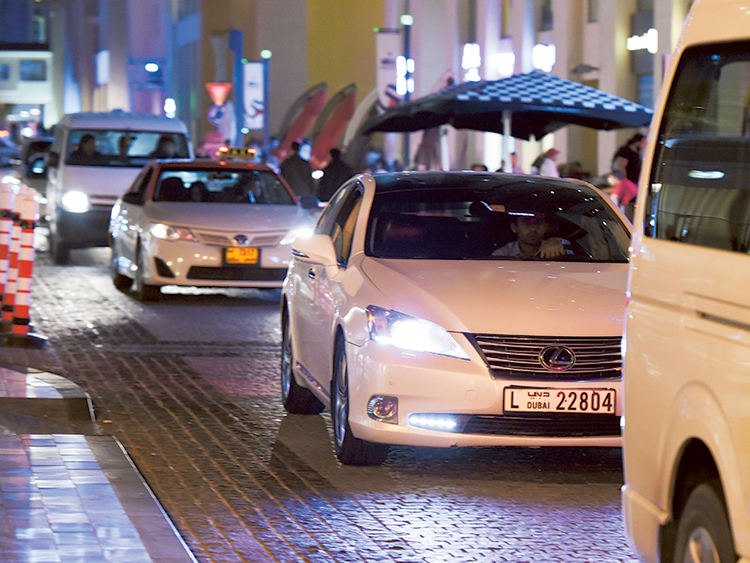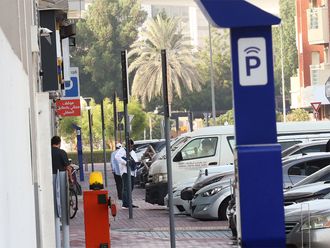Abu Dhabi: Commuters in the capital appeared dismayed at the disruption of services from online transportation network companies, Uber and Careem, which are still not operating in the capital.
They said that both companies provide efficient, quick services that made getting around the city easier. Both the companies suspended service on August 27. An Uber spokesperson told Gulf News in a statement that “Uber and Careem [had] decided to suspend their operations due to unforeseen circumstances, yesterday (August 27)”.
“We want to let you know that this was a decision taken by both companies, and our goal is to resume operations in Abu Dhabi as soon as possible,” the spokesperson added. However, he did not clarify why the service was suspended.
A similar query to Careem was not answered by print deadline. However, a customer service agent said that the company did not expect to resume operations in Abu Dhabi. Meanwhile, Careem’s Twitter account responded to @LailaMousa saying that it was doing its “best to get [her] an update on this very soon”.
“I have been using Uber for about two years, and I like the simplicity it offers. I do not drive and Uber allowed me to get to places on time, offer feedback on its services and not have to carry cash around,” said Kristina, a 26-year-old musician from Ukraine.
Uber, a California-based company, and Careem, which is headquartered in Dubai, had been operational in the capital since 2013. They allowed residents to book a taxi using a smartphone application.
Those who choose not to drive in Abu Dhabi can always flag down public taxis, which are regulated by the Centre for Regulation of Transport By Hire Cars (TransAD). TransAD also allows one to call for taxis, or book one using a dedicated application. But Uber and Careem enthusiasts say the companies’ services are unmatched.
“I have called up public taxis as well, but found that they could not match Uber’s services. After calling for a cab, I would have to explain my location for a long time. In contrast, Uber drivers easily found my location through the shared map and I could track how long it would take for them to arrive and how long it would take me to get to my destination,” Kristina explained.
“In addition, I do not have to deal with cash, which can be difficult because taxi drivers do not often have the right change,” she added.
S.S., a 28-year-old resident from Bangladesh, said she always had to scramble for change when using public taxis.
“My job requires me to get around quite a bit and in the hot summer days, Uber and Careem services have been life-saving. What’s worse, at peak times, it is impossible to find or book a cab. Taxis are either full or drivers do not respond to calls, and there have been many times over the last two years that Uber drivers have come to remote, hard-to-find locations,” she added.
Users also took to social media to ask why Uber and Careem were inoperational.
“When is Careem coming back in Abu Dhabi?” asked Twitter user @LailaMousa.
Mohammad, an Uber and Careem driver from India who runs his own transport company, said he was distressed at the turn of events.
“I have been hearing that Uber drivers have been jailed or seized for offering services, but the application allowed me to earn about Dh250 daily. I do not understand why operations have been suspended,” he said.
Mohammad said that using Uber meant that he had to give up 20 per cent of his earnings from each ride as a fee to the service.
“At least I get the 80 per cent, and that’s a better deal than not having any customers,” he added.













